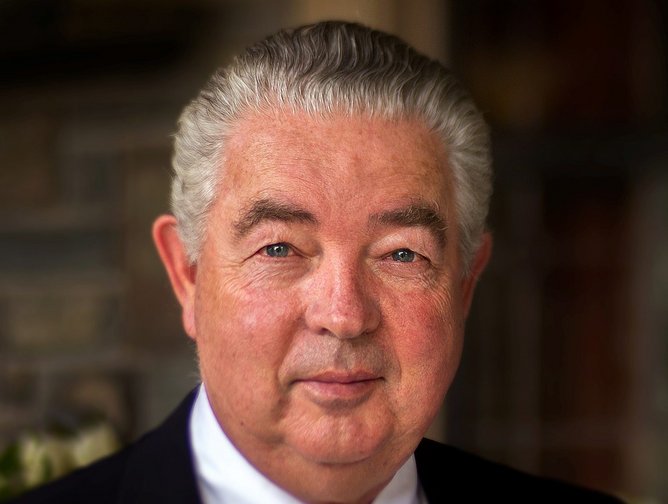
News that David D. Smith, executive chairman of Sinclair Inc., purchased Baltimore Sun Media from Alden Global Capital in mid-January surprised many, including yours truly.
After all, print journalism is supposed to be in a state somewhere between life support and a death rattle (and that’s coming from a print journalist).
But Smith, a local businessman, reportedly sees value in the Baltimore Sun and its other media properties, which include The Capital and Maryland Gazette newspapers in Annapolis, the Carroll County Times, the Howard County Times and the Towson Times. A Washington Post story on the sale quotes Smith as saying: “I think the paper can be hugely profitable and successful and serve a greater public interest over time.”
To be clear, Smith reportedly bought the paper with his own money—not Sinclair’s. However, various stories on the acquisition report there could be future partnerships or collaborations with WBFF, Sinclair’s Fox affiliate in Baltimore.
Here’s where the acquisition may get interesting for the broadcast industry. WBFF has been on-air with ATSC 3.0 as part of the Baltimore lighthouse since July 2021. Plus, the broadcast group’s full-power WJLA and Class A LPTV WIAV in Washington, D.C., are on air with ATSC 3.0/NextGen TV.
Is it unreasonable to think that as more 3.0 sticks come online and broadcasters get some NextGen TV breathing room that leveraging some of the finer points of the standard, such as Layered Division Multiplexing (LDM) and single frequency networks (SFNs), won’t begin to surface?
Together these technologies can power hyperlocalized broadcasting—yes, over-the-air television broadcasting—from a technological point of view. What’s missing from this scenario is hyperlocalized content—in the form of news and advertising.
Remember, Sinclair is already on air with an SFN in the Baltimore-Washington D.C. area and is at work “densifying” the deployment of SFN transmitters and antennas there—just the thing the group needs to support hyperlocalization from a transmission point of view.
Perhaps Smith can leverage his newly acquired newsrooms, the natural news sense and newsmaker contacts of their “hyperlocal” beat reporters as well as the ad sales force of the Baltimore Sun and its suburban papers to fuel geo-targeted television news content and equally targeted commercials on this SFN.
Scott Livingston, senior vice president of news at Sinclair, has frequently discussed the broadcast group’s desire to “embed” reporters and news shooters more deeply into the community to generate stories that speak better to the people who live there.
This desire, the technical capabilities of 3.0 and Smith’s acquisition seem to be aligning in a way that sets the stage to make this vision for NextGen TV a reality. Stay tuned.







